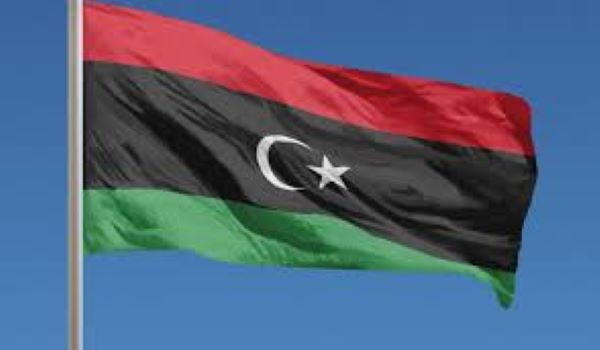 |
TRIPOLI, March 3 (NNN-AGENCIES) — Libya’s High Council of State voted on Thursday for a constitutional amendment intended to provide a basis for elections, but experts say the changes fail to address disagreements standing in the way of a long-delayed national vote.
Earlier this week, a special United Nations envoy for Libya moved to take charge of a stalled political process to enable elections that are seen as the path to resolving years of conflict.
Libya has been locked in a political stalemate since late 2021 when a scheduled election was cancelled because of disputes over the rules and the eastern-based parliament, the House of Representatives, withdrawing support from the UN-brokered interim government.
The interim government was a step to unite Libya’s two competing administrations – the UN-recognised Government of National Accord (GNA) based in Tripoli and the House of Representatives based in the eastern city of Tobruk. But the interim government has since split, complicating the political process in the north African country.
Peace-making efforts since then have focused on getting the House of Representatives and the High Council of State, an advisory body comprising of ex-GNA members based in the capital of Tripoli, to agree on a constitutional basis for elections and voting rules.
Thursday’s vote approved a constitutional amendment that was issued last month by the House of Representatives and was presented as a step towards holding elections.
Foreign powers have long indicated that big political changes need the approval of both the House of Representatives and the High Council of State under a 2015 agreement that was intended to establish a short transitional period that would ultimately resolve the conflict.
On Monday, UN envoy Abdoulaye Bathily cited that 2015 agreement to say he was setting up a steering committee of major Libyan figures to adopt a time-bound road map to elections.
“The political process remains protracted and falls short of the aspirations of Libyans, who seek to elect their leaders and reinvigorate their political institutions,” said Bathily last week.
“In short, Libyans are impatient,” he stressed, noting that they are widely questioning the will and desire of political actors to hold inclusive and transparent elections in 2023, as planned.
In remarks that appeared aimed at both the House of Representatives, which was elected in 2014, and the High Council of State, which emerged from a chamber elected in 2012, he said that “most institutions lost their legitimacy years ago”.
Speaking before it was approved, Bathily also described the amendment as “controversial within the Libyan political class and general citizenry”, noting it did not address contentious issues such as candidate eligibility or create a clear timeline for elections.
Many Libyans have grown sceptical that their political leaders are negotiating in good faith, saying their true goal is to delay any election that could cost them positions of power and privilege. — NNN-AGENCIES
